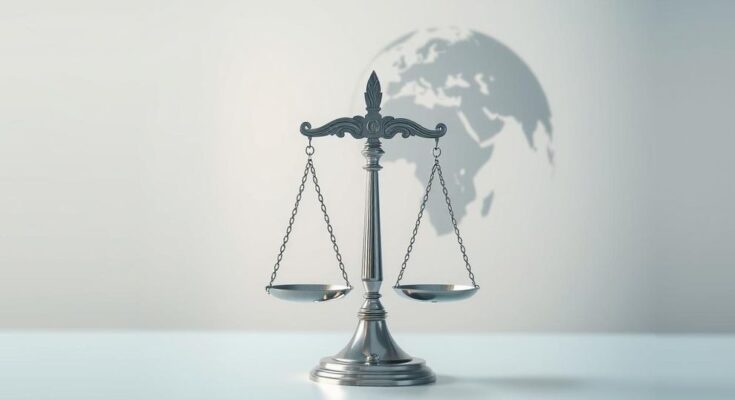A storm of debate continues to swirl over child grooming gang inquiries in the UK following Safeguarding Minister Jess Phillips’ dismissal of such an inquiry in Oldham. Phillips asserted that the decision for a local inquiry is the council’s prerogative rather than a governmental obligation. Critics, including Shadow Justice Secretary Robert Jenrick, labeled this stance as shameful, while others, like Elon Musk, have called for severe consequences. Despite the controversy, some experts argue that a systemic overhaul is more imperative than merely launching another inquiry.
Meanwhile, Lord Neuberger, former President of the Supreme Court, condemned the cuts to legal aid in family cases, which he believes infringe on parents’ human rights. Since changes enacted in 2013, many parents have faced barriers to legal representation unless abusive circumstances are alleged, effectively rendering their rights unenforceable. The Ministry of Justice defended this stance, advocating for quick resolutions through mediation schemes.
In Ukraine, a dire human rights report from the UN indicates a troubling increase in civilian casualties amid ongoing conflict. The report highlights allegations of torture and mistreatment, particularly among POWs, calling for both sides to reinforce international human rights laws. This comes as Ukraine intensifies its military efforts against Russia, reverberating fears throughout the region.
Ireland celebrated a significant leap forward with the introduction of the Criminal Justice (Hate Offences) Act 2024, which raises penalties for hate crimes driven by identity-based prejudices. Justice Minister Helen McEntee heralded the law as essential, marking Ireland’s alignment with broader EU standards. Although the law excludes hate speech provisions, it fills a crucial gap in the Irish legal landscape.
In the US, activists have expressed joy over measures included in the 2025 National Defence Authorisation Act addressing the repression of the Uyghur population in Xinjiang. Signed by President Biden, this bill reiterates unwavering U.S. support against reported genocide, facilitating sanctions against Chinese officials tied to these human rights violations, bringing renewed hope to Uyghurs abroad.
In South Korea, the criminal court upheld an arrest warrant against suspended President Yoon Suk Yeol amid impeachment attempts following a failed martial law declaration. Despite Yoon’s legal team’s objections, citing jurisdictional issues, the court was unconvinced, blocking efforts to protect him from arrest. Measures are being enacted at the Presidential residence to delay law enforcement’s actions as investigations proceed.
The article discusses the UK government’s rejection of a child grooming inquiry, legal aid issues highlighted by Lord Neuberger, the deteriorating human rights situation in Ukraine, new hate crime legislation in Ireland, U.S. efforts for Uyghur rights, and political unrest in South Korea concerning President Yoon Suk Yeol.
The UK’s dismissal of a grooming inquiry sparks essential discourse on human rights and accountability. Legal aid cuts have spurred concerns over parental rights in family law, while ongoing conflicts in Ukraine highlight the urgent need for adherence to human rights law. Ireland’s progressive hate crime legislation marks a critical shift, the U.S. renews its commitment to the Uyghur populace, and South Korea grapples with political chaos, indicating a global struggle for justice and protection of human rights.
This article encapsulates pressing human rights issues and legislative developments across the UK, Ukraine, Ireland, the U.S., and South Korea. It discusses a rejected inquiry into child grooming gangs, legal aid deficiencies, deteriorating conditions in conflict-embattled Ukraine, the enactment of hate crime legislation in Ireland, new U.S. protections for the Uyghur population, and political turmoil in South Korea. Each topic underscores broader implications for justice and human rights.
Original Source: ukhumanrightsblog.com



